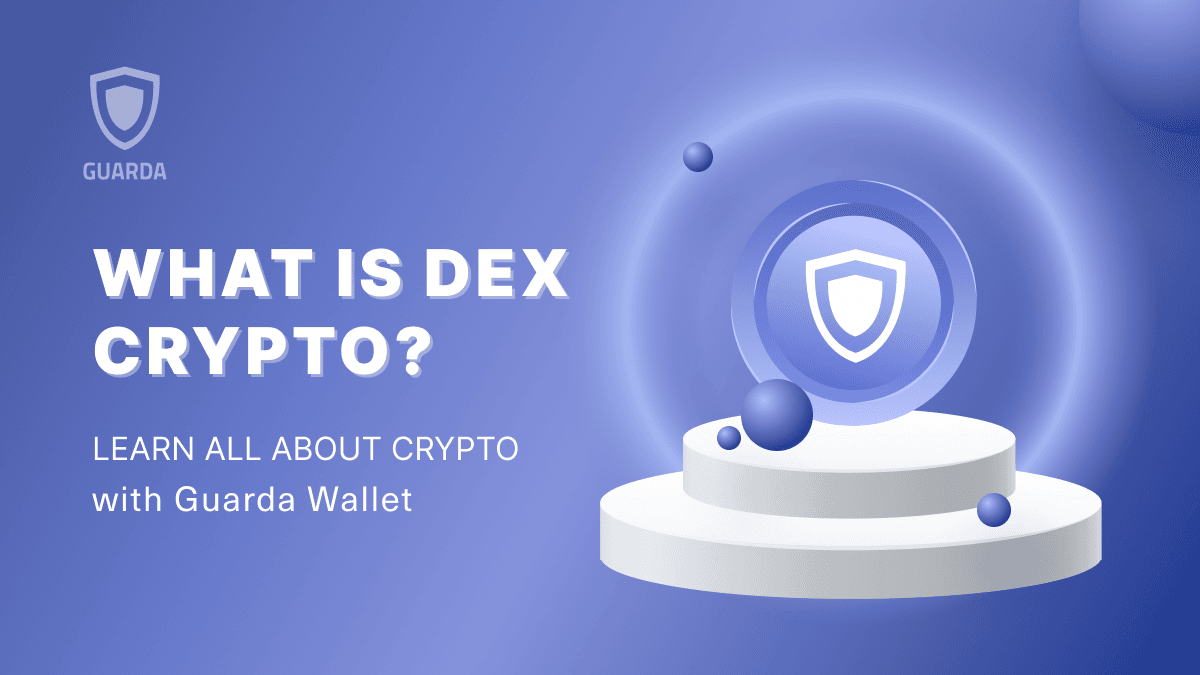Introduction
Decentralized Finance (or simply DeFi) refers to the architecture of financial applications built on blockchain networks.
The main goal of Decentralized Finance is to create an open, free, and transparent ecosystem of financial services that is available to everyone and not controlled by a centralized government. Throughout Defi projects, users take full control of their assets and interact with the ecosystem through peer-to-peer (P2P) decentralized applications (dApps).
The main advantage of DeFi is easy to access to a wide variety of financial services. Another advantage is a modular structure and interoperability of blockchain-based applications, which ensures that entirely new types of financial markets, goods, and services are emerging.
Main advantages of DeFi

DeFi apps do not need third parties. The users themselves manage all their funds while the software code specifies the settlement of any conceivable dispute. Nobody can arrest or freeze your assets. This approach reduces the cost of providing and using products and allows for a better financial system.
All data is recorded on the blockchain and distributed among thousands of nodes, which effectively eliminates censorship and the possibility of error or system failure.
Developing and deploying DeFi applications is becoming less complex and more secure and reliable.
Another advantage of the open ecosystem of decentralized finance is the ease of access to financial services for people who, for whatever reason, do not have such an opportunity. The traditional financial system is based on intermediaries’ profits and does not offer its services to people with low incomes. Thanks to DeFi, operating costs are significantly reduced and absolutely everyone can access the financial services they need.
The Role of Smart Contracts in DeFi
The overwhelming majority of DeFi applications are based on smart contracts that use computer code to set conditions between entities. All terms are described in the code that ensures reliable execution and automation of business processes. Smart contracts are simple and fast, which also reduces the likelihood of adverse events for involved parties. However, computer code is susceptible to errors and vulnerabilities, and therefore confidential information locked in smart contracts can be at risk.
Use cases
Decentralized Markets
One of the most important features of DeFi is Decentralized Exchanges (DEX). It lets users trade digital assets without the involvement of a trusted third party to store their funds. Transactions are made directly between accounts using smart contracts.
These trading platforms do not require substantial technical maintenance, as compared to conventional exchanges, and offer lower transaction fees.
Blockchain technology can also be used with a wide variety of traditional financial instruments. Decentralization prevents failures and errors or the presence of custodians.
Security token platforms can provide different tools and resources to launch fully customizable tokenized securities or even can create derivatives, synthetic assets, decentralized forecasting markets, and much more.
Banking services
Since DeFi applications are financial, they include stablecoin issues, mortgages, and insurance.
The blockchain industry is paying more and more attention to stablecoins. This type of cryptocurrency is tied to real assets, such as Dollar, Euro, or even Bar of gold. Conventional cryptocurrencies are highly volatile, while decentralized stablecoins can be used as reliable digital assets that are not issued and controlled by centralized authorities.
By eliminating intermediaries and using smart contracts, underwriting and legal fees can be significantly cheaper.
Insurance based on blockchain also removes the need for intermediaries and allows multiple parties to share risks. It leads to a decrease in insurance premiums without losing the quality of service.
Loan and credit
Open lending protocols are among the most popular in the DeFi ecosystem. Open decentralized lending and borrowing have many advantages: instant transaction settlement, the ability to secure digital assets, no credit checks, etc. Lending services are built on public blockchains, minimize the trust they need, and ensure cryptographic verification methods. Blockchain credit marketplaces reduce counterparty risk, make loans and borrowings cheaper, faster, and more accessible to people. anyone can deposit money and earn interest rates from other members borrowing their funds. In the case of DeFi, all assets are digital. Smart contracts connect lenders and borrowers, enforce loan terms, and distribute interest rates without the need to trust each other or the intermediary.
Get unlimited term loans for just 10% APR with Crypto Loans right in your Web Guarda Wallet.
DeFi problems
The poor performance of the existing blockchains. Conventional blockchains are slower than centralized financial systems, leading to the creation of additional applications. DeFi application developers should optimize and customize their products in order to make them faster and more stable.
High risk of error for the consumer. The user is fully responsible for their digital assets. Neither the bank nor any other trusted party is concerned for the loss or theft of your finances. Minimize the risk of a user’s error is a very important task.
Finally, using DeFi applications requires experience, since a common user cannot find out how to use the software. To order to become part of the global financial system, DeFi apps must provide substantial benefits that will compel users to leave the traditional financial system. Besides, users must have certain skills to select the best one from the existing applications.
Conclusion
DeFi is an independent financial environment, that allows for the management of new financial instruments. DeFi apps are not controlled by conventional financial and political structures. This feature makes it possible to build a more transparent financial system and get rid of censorship. The characteristics of the used blockchains are essential to the development of decentralized open financial products. How successful and effective this financial system will be and when DeFi can become mainstream is not yet clear.



